Syria says will stand by allies on resistance axis to expel US from Western Asia
A senior adviser to Syrian President Bashar al-Assad hails “constant coordination” between Damascus and its allies in the fight against terrorism, saying the Arab nation will stand by the resistance front to help drive the US out of not only Syria but the entire Middle East region.
Assad’s political and media adviser, Bouthaina Shaaban, made the remarks in an interview with Lebanon-based Arabic-language al-Mayadeen TV channel on Wednesday.
She said that Washington has been supporting the Takfiri al-Qaeda and Daesh terrorist groups, and that its sponsorship for the al-Qaeda-inspired al-Nusra Front terrorist outfit is of no surprise.
The Syrian people living east of the Euphrates River have been fighting against American occupation forces and enjoy the Damascus government’s backing for their resistance, she added.
Shaaban also stressed that the battle on eastern bank of the Euphrates is complicated and takes time, noting, however, that the Syrians will eventually expel US troops from their homeland.
The Syrian army has the backing of Iran, Russia and Lebanon’s Hezbollah resistance movement in its battle against a host of militant groups, which have been wreaking havoc on the country since 2011.
Thanks to that support, the Damascus government has managed to win back control of almost all regions from the foreign-sponsored militants.
Syria has been engaged in a liberation operation in Idlib Province, the last major bastion of terrorists in the country.
Shaaban further emphasized that her country supports its allies on the regional resistance axis to drive American military personnel out of the entire West Asia region.
Syria in constant coordination with Iran, Hezbollah
There is complete and constant coordination between Damascus on one side and Tehran and the Lebanese Hezbollah resistance movement on the other side in political and military spheres, the Syrian official pointed out.
She hailed Tehran-Damascus relations as historical and strategic, reiterating that both Iran and Russia prioritize Syria’s sovereignty and independence.
Taking advantage of the mayhem in Syria, the US has deployed troops to Syria under the guise of fighting Daesh. It has been running military bases in the eastern part of the country, which many reports have revealed serve as training camps for terrorists.
The US has also been supporting anti-Damascus Kurdish militants in the country’s northeastern regions, calling them allies in the so-called fight against Daesh, which lost its territorial rule in the Arab country in late 2017.
In recent months, Washington has also deployed more troops and military equipment near Syrian oil fields to “secure” them, in what Damascus, Tehran and Moscow have denounced as an attempt to steal Syria’s crude resources.
In turn, Turkey supports militants fighting to topple the Damascus government. Those elements continue to target Syrian troops and allied Russian personnel.
Last week, Russia and Turkey agreed on a ceasefire to stop clashes in Syria’s northwestern Idlib Province that brought the two countries close to direct confrontation amid a Moscow-backed Syrian counter-terrorism operation.
Idlib truce paves ground for more Syrian gains
Elsewhere in her interview, Shaaban said the Idlib truce has no confidential terms and paves the way for the liberation of the districts of Arihah and Jisr al-Shughur.
In recent weeks, she added, the Syrian army wrested control over 2,000 kilometers of the country and inflicted casualties on militants and Turkish forces.
Shabban also slammed Turkish President Recep Tayyip Erdogan for serving Israel’s interests in the region.
Erdogan, she added, uses the Palestine issue as a mere bargaining chip and dreams of occupying Syria.
A meeting between Assad and Erdogan is not possible as long as Turkey occupies parts of the Syrian territory, she said.
Syria keen to forge ties will all Arab states
Additionally, Assad’s aide stressed that Syria welcomes relations with all Arab countries, referring to recent visits by Egyptian and Libyan delegations.
She also hailed Algeria’s position on Syria, adding, however, that there are no exchanges between the two states.
D-8’s role in Iran’s economy after Cairo summit
China slams US as ‘war-addicted’ threat to global security
China ‘firmly opposes’ US military aid to Taiwan
VIDEO | Press TV's News Headlines
President Yoon Suk Yeol to be removed from office
At least 19 Gazans killed by Israeli airstrikes since dawn: Medics
Leader: Iran neither has nor needs proxy forces
US fighter aircraft shot down ‘in friendly fire’ amid aggression on Yemen




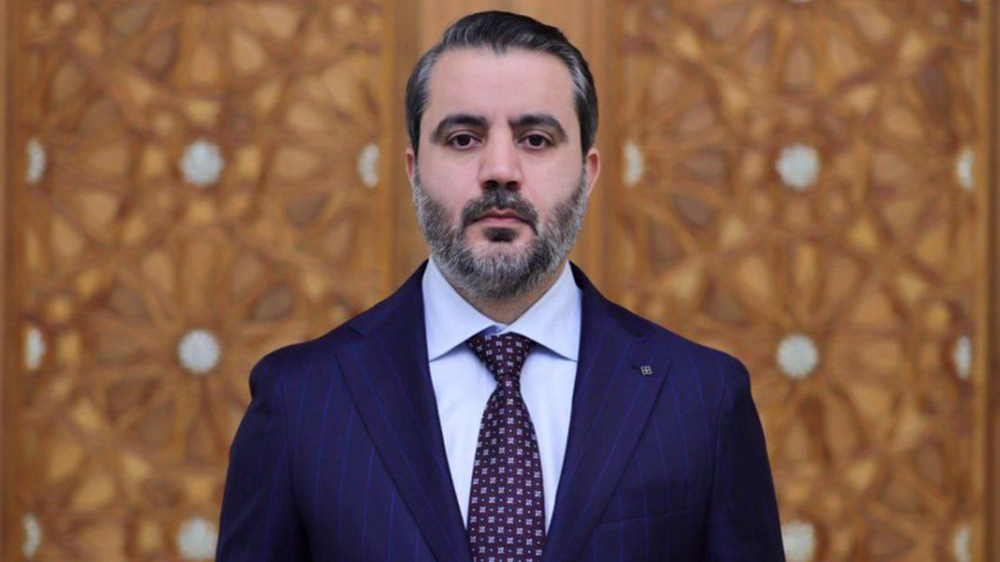

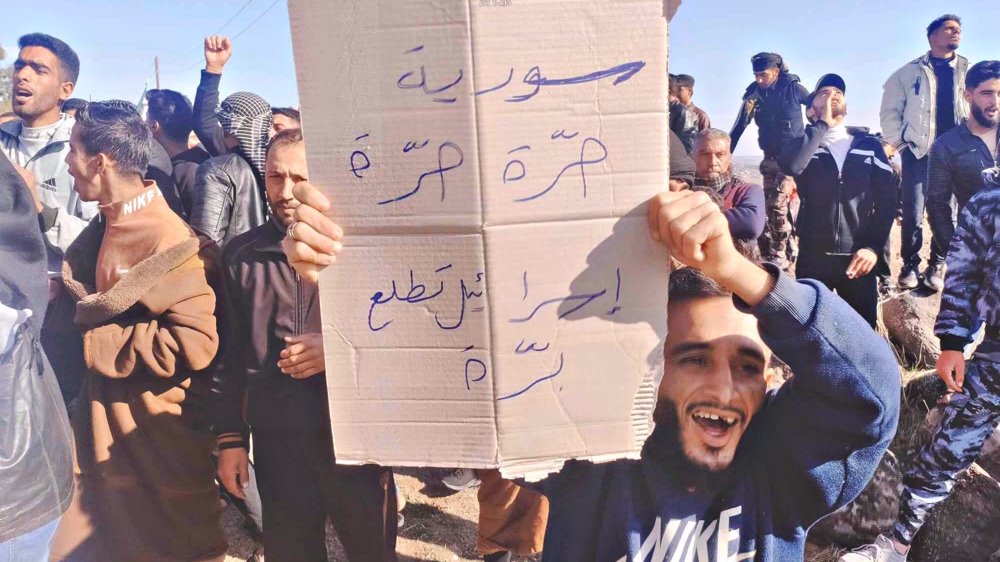



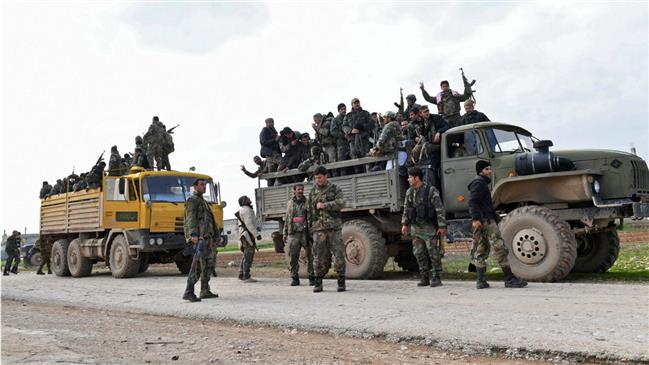
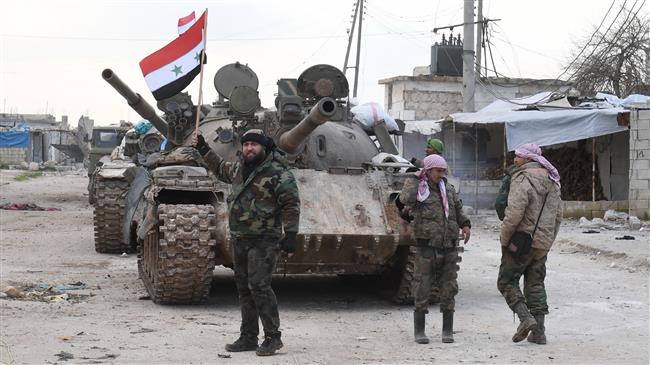

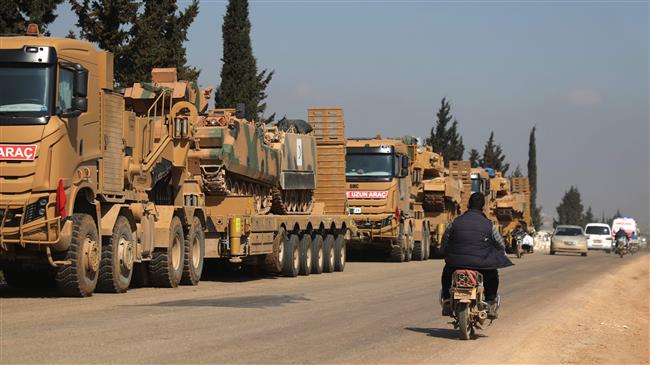
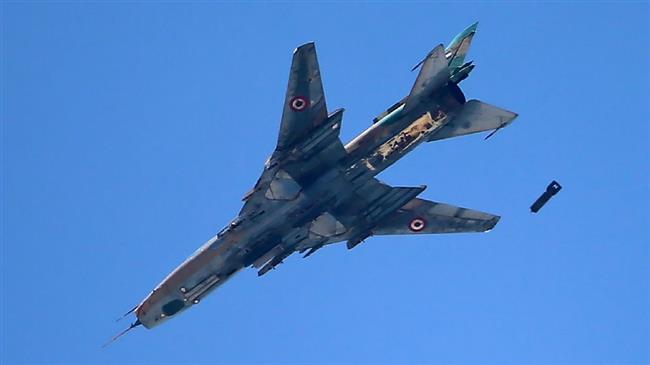

 This makes it easy to access the Press TV website
This makes it easy to access the Press TV website